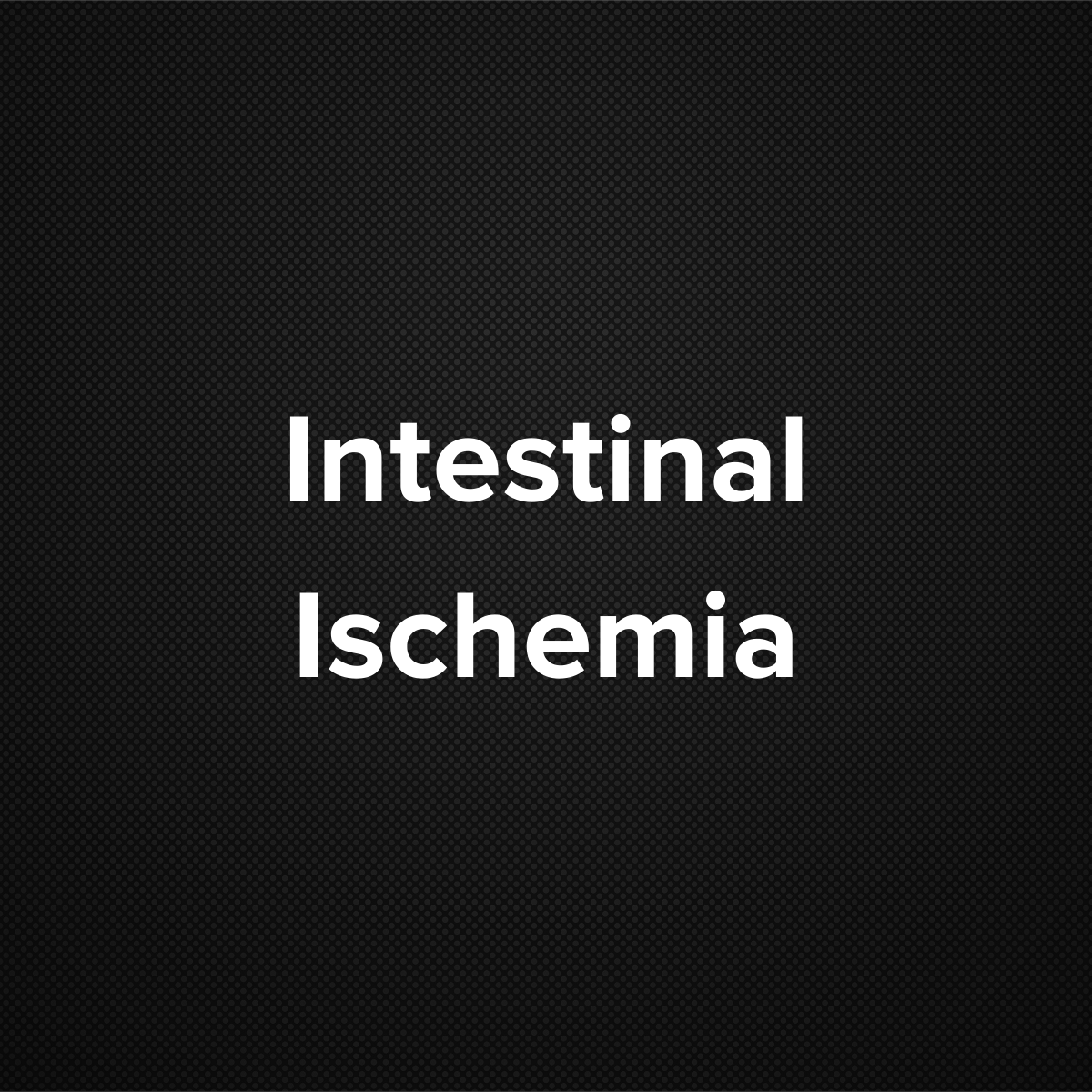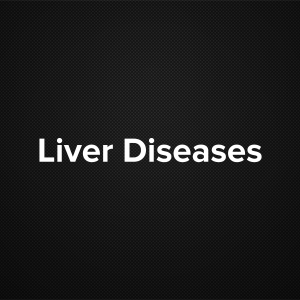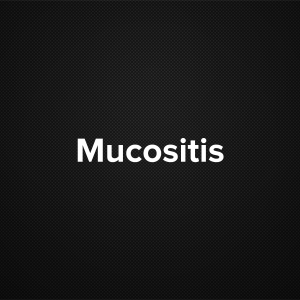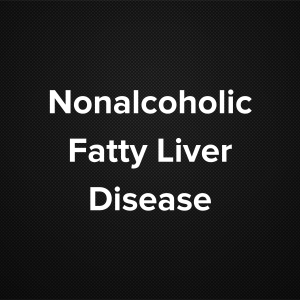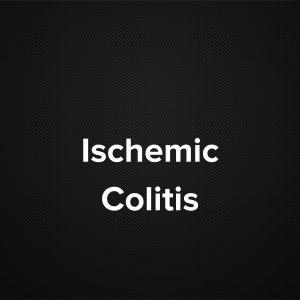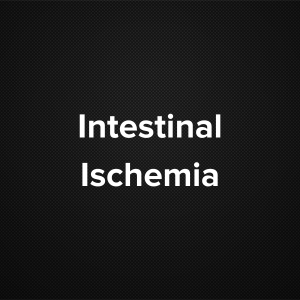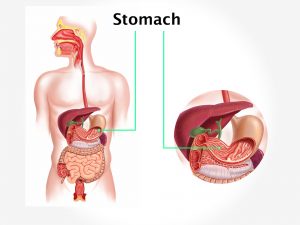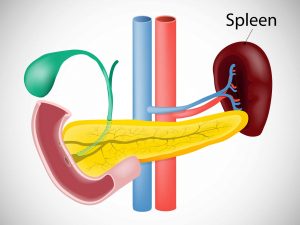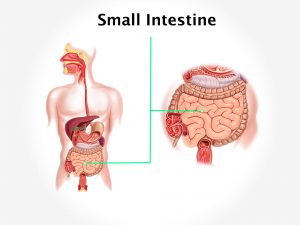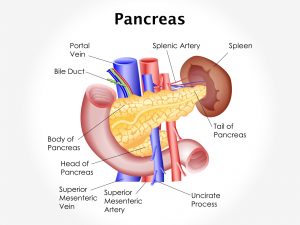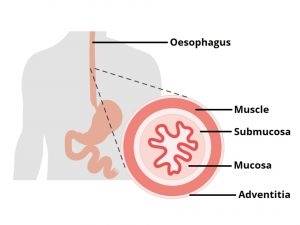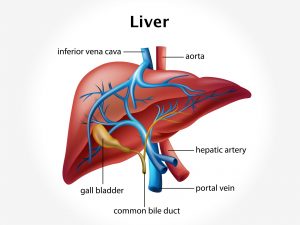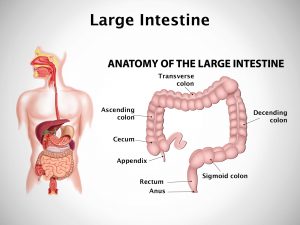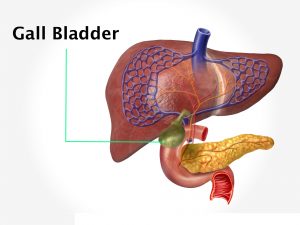Causes and risk factors:
As the names suggest intestinal ischemia is caused due to blockage of the blood vessels which causes poor or decrease blood circulation to the gastrointestinal tract. The major blood vessels of the abdomen are superior and inferior mesenteric artery and celiac artery. Narrowing or blockage of any of these arteries can lead to intestinal ischemia. This narrowing or blockage can be caused due to an embolus (blood clot) which can either originate in the abdominal blood vessels itself or it can travel from other blood vessels. Deposition of the fatty substance in the interior of the walls of the arteries which give rises to plaques. These plaques accumulate in the blood vessels leading to obstruction. Coagulation disorders, aortic dissection, congestive heart failure and low blood pressure are the other predisposing factor leading to ischemia.
Clinical presentations:
There are two types of intestinal ischemia-acute and chronic. In acute ischemia the complaints start up suddenly and are acute leading to some severe manifestations while in chronic the symptoms come up gradually. Pain on having meals is the important manifestation in chronic mesenteric ischemia. The pain starts 15-20 min after having food and lasts for about an hour or less. Each time the person has food he experience the same complaints. The patient feels hungry but due to pain the appetite decreases and there occurs weight loss. Constipation, diarrhea, nausea and vomiting and flatulence are the other complaints seen. Patient suffering from acute mesenteric ischemia suffer from severe pain in abdomen along with nausea and vomiting.
Diagnosis and investigations:
Diagnosis can be made on the basis of the symptoms narrated by the patients and the physical examination carried out by the doctor. Palpation of the abdomen is carried out. Routine stool test is done in all cases. In acute cases where instant diagnosis is needed arteriogram is done. Doppler ultrasound to determine the blood flow and the abnormalities in the structure is done. Endoscopy, colonoscopy, CT scan and MRI of the abdomen can be recommended. Certain other investigations can also be done to rule out the underlying causes.
Treatment:
In cases of acute ischemia surgical intervention is necessary. Vascular surgery to open up the blood vessel can be done. Medications like thrombolytic agents can be advised. In cases of chronic ischemia Trans aortic endarterectomy can be done. Another method is bypass surgery. Anti coagulant medications are advised to help prevent the clot formation.
Other Modes of treatment
The other modes of treatment can also be effective in treating ischemia. Homoeopathy is a science which deals with individualization considers a person in a holistic way. This science can be helpful in combating the symptoms. Similarly the ayurvedic system of medicine which uses herbal medicines and synthetic derivates are also found to be effective in treating the complaints.
